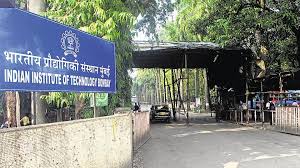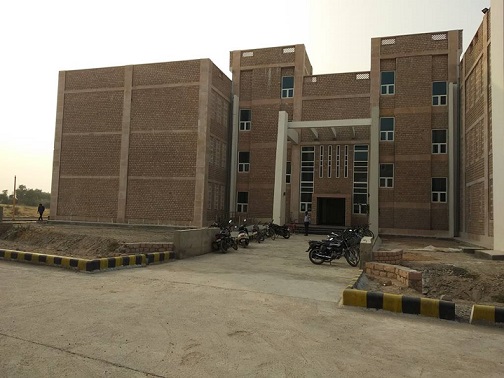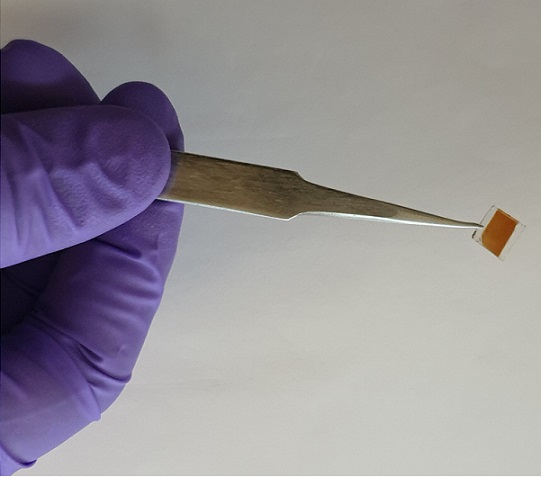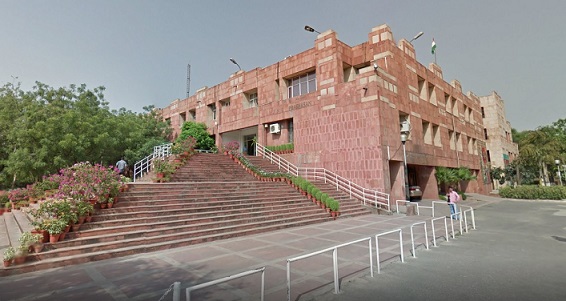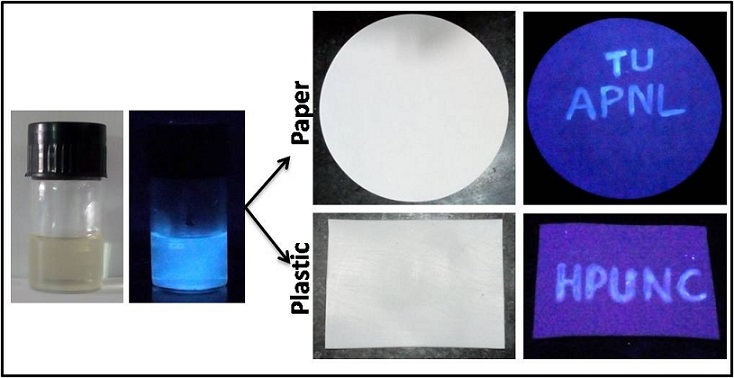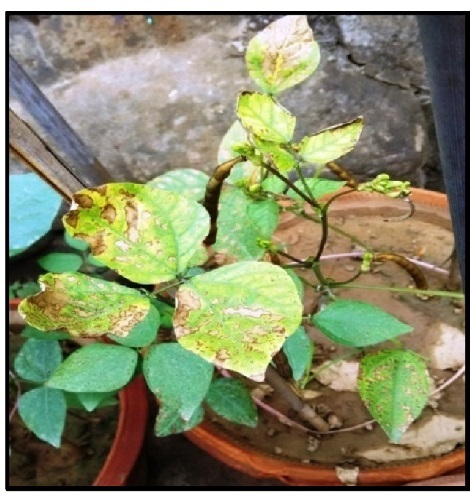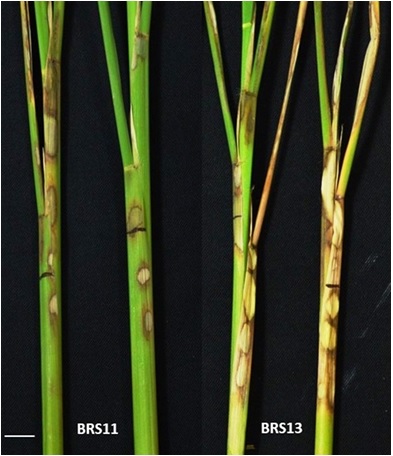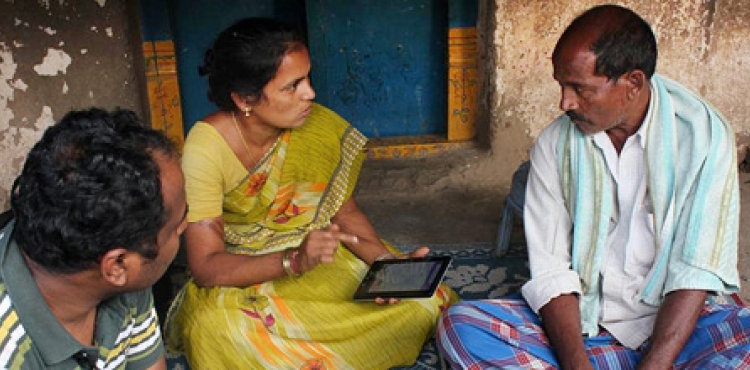
A mobile app supported system developed by an Indo-Australian team to help identify and better manage people at high risk of cardiovascular disease has been shown to be beneficial in a study conducted in rural communities in Indonesia. The application was developed in Australia and piloted in India. It is now being taken to other countries.
The study showed that in community where the system is being used, 15% of patients with high risk for the disease were taking medications to manage their risk factors at follow up, compared to just one percent in `control’ villages where the system is yet to be used.
Lead author of the study and Chief Scientist at The George Institute for Global Health, Professor Anushka Patel said, “The system has the potential to improve the lives of tens of millions of people, particularly in low to middle-income countries where cardiovascular disease (CVD) is on the rise. It is estimated to be the cause of one-third of all deaths in Indonesia in 2016. But, data suggests that less than one-third of those with moderate to high risk for the disease received any preventive care”.
" The system has the potential to improve the lives of tens of millions of people, particularly in low to middle-income countries where cardiovascular disease (CVD) is on the rise."
Called `SMARThealth’, the mobile device-based clinical decision support system allows community health workers to assess the risks of getting cardiovascular disease using basic equipment and refer those at high risk to nurses or physicians for further consultation.
Developed by The George Institute for Global Health, the system is being evaluated for a range of conditions in China, India, Thailand, and Myanmar. An earlier pilot study conducted in Bhimavaram in South India and in Haryana in North India, had shown encouraging results.
“In the present study we deliberately set out to evaluate how effective our technology platform could be when embedded within the context of a complex local health system,” said Dr. D. Praveen, the global project director of `SMARThealth’, based at The George Institute, India.
The Indonesian study covered 6,579 individuals living in eight villages in Malang district, who were identified as being at high risk of cardiovascular disease. Four of the villages were chosen for the intervention using the app and each of them was matched with one of four ‘control’ villages that received usual care. Baseline data was collected in September 2016 and follow up was completed in March 2018. A report on the study has been published in JAMA Cardiology.
A press release from George Institute for Global Health said the Malang district government is now aiming to take the system to around 400 more villages over the next three years. A consortium of researchers from the George Institute for Global Health, The University of Brawijaya in Indonesia and the University of Manchester have been funded by the Australian National Health and Medical Research Council to provide technical assistance for and to evaluate the scale-up.
India Science Wire



